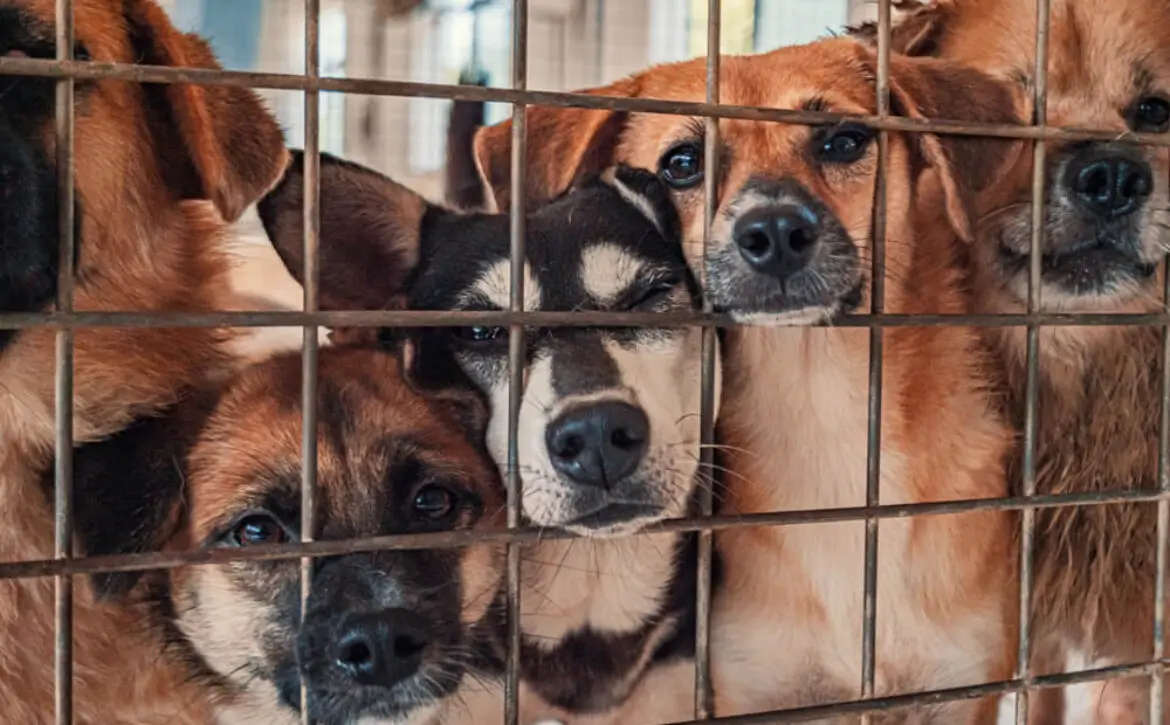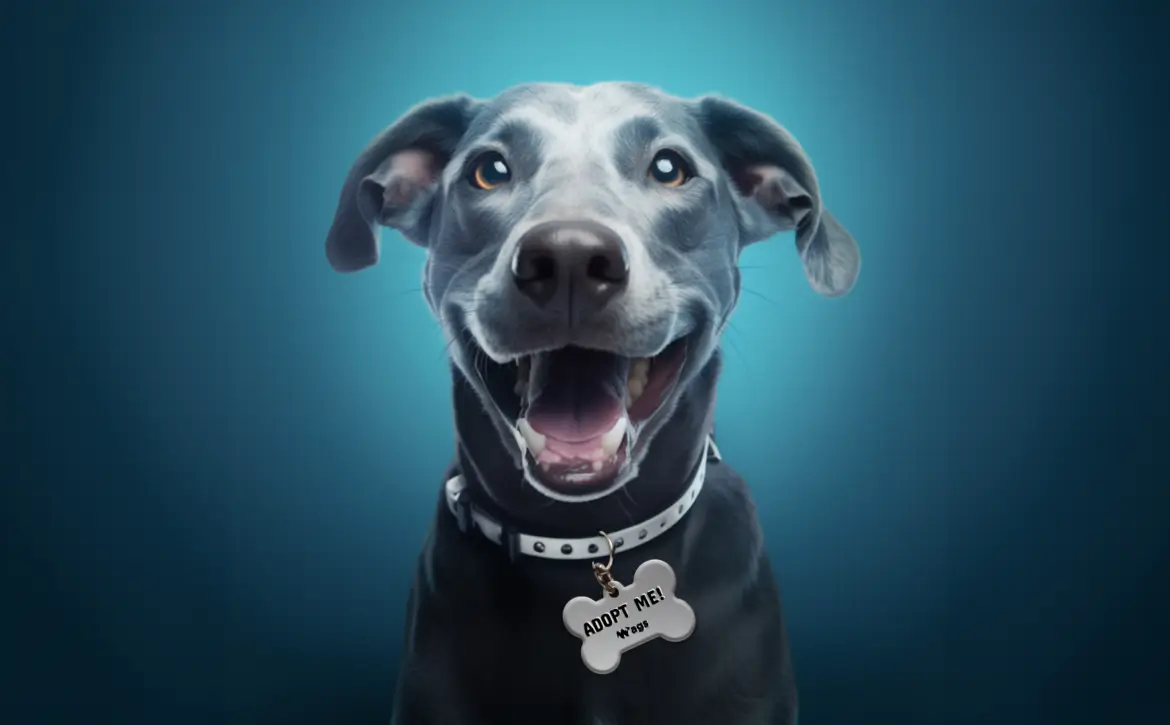The COVID-19 pandemic brought about many unexpected changes to our lives, and one of them was the surge in pet adoptions. With people spending more time at home, many turned to furry companions to combat loneliness and isolation. However, as life returns to some semblance of normalcy, A growing crises in dog shelters has emerged for dog shelters across the country. People who once rushed to adopt dogs are now turning them in, adding to the already overwhelming challenges faced by these shelters.
The Pandemic Pet Adoption
BoomWhen the pandemic first hit, pet adoption rates soared. Animal shelters saw a heartwarming surge in demand, as people sought comfort and companionship during the lockdowns. The idea of having a loyal furry friend by your side was a source of solace during uncertain times. Many individuals who had never considered pet ownership before decided to welcome dogs into their homes.
The New Normal and Its Consequences
As vaccines became more widely available and society began to reopen, the dynamics changed. People who had adopted dogs with the intention of providing a loving forever home found themselves grappling with new realities. The return to the office, social activities, and travel plans became pressing concerns, leaving some pet owners questioning their ability to care for their furry friends.
The Consequences for Shelters
This shift in circumstances has had a devastating impact on animal shelters. They are now facing an influx of surrendered pets, many of whom had been adopted during the pandemic. The shelters, already stretched thin, are struggling to accommodate the growing number of dogs in need of new homes. This crisis is further exacerbated by the financial strains caused by the pandemic, making it even more challenging to provide adequate care and support for these animals.
The Emotional Toll
While some individuals may have valid reasons for surrendering their pets, the emotional toll on humans and dogs cannot be underestimated. Dogs bond deeply with their owners, and being separated from them can be traumatizing. For those who adopted during the pandemic, saying goodbye to their furry companions is heartbreaking.
What Can We Do?
- Promote Responsible Adoption: Encourage potential pet owners to think carefully before adopting. Owning a dog is a long-term commitment, and the decision should not be taken lightly. read our Top 10 Things You Should Think About Before Getting A Dog
- Support Shelters: Donations and volunteer work can make a significant difference in the lives of sheltered animals. Shelters need our help now more than ever.
- Education: Promote education on responsible pet ownership, including the costs, time, and effort involved. This can help prevent impulsive adoptions.
- Foster Programs: Consider fostering a dog if you have the time and resources. Fostering can provide temporary relief for shelters and help dogs transition to permanent homes.
- Adopt, Don’t Buy: Encourage prospective pet owners to adopt from shelters and rescue organizations rather than purchasing from breeders or pet stores. Millions of loving dogs are waiting for homes in shelters, and choosing adoption not only saves a life but also helps reduce the demand for unethical breeding practices. By adopting, you contribute to ending the cycle of overpopulation and provide a second chance to a dog in need.
The post-COVID-19 era has unearthed a heartbreaking dilemma for dog shelters and their furry inhabitants. As the world returned to normalcy, we must remember our responsibility towards the pets we brought into our lives during the pandemic. It’s a reminder that the decision to adopt a dog should be made with careful consideration and commitment, as they rely on us for their well-being and happiness. Together, we can alleviate the crisis in dog shelters and ensure a brighter future for our four-legged friends. If your thinking of brining one of these joyful dogs into your life.











